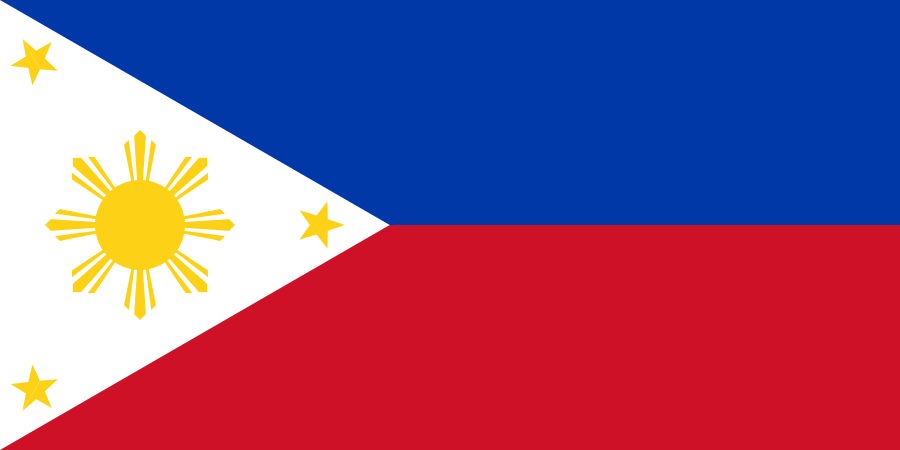Location
The Philippine Islands became a Spanish colony during the
Research and publishing organisation. WWW site has lists of projects (including the Micro Impacts of Macroeconomic Adjustment Policies (MIMAP) project) and publications. Includes selected full text articles from its Development Research News and its Journal of Philippine Development.
WWW site also provides access to their Philippine Economic Information Service, a set of statistical indicators on Philippines economic performance (including data on: production and employment; national accounts; prices and wages; government finance; monetary sector; balance of payments) and social indicators (including poverty figures; labour and employment; population; survey of key enterprises in manufacturing).
It offers similar data (with less detail) for other countries (most Asian and European, some Latin American. The site likewise provides a GIS-based Philippine socioeconomic profile and an agriculture database. It also features the Institute's initiatives on creating a Socioeconomic Research Portal for the Philippines, which provides a compendium of research studies undertaken by various academic and research institutions in the country and, the Electronic Resource Base for Legislators, highlighting major economic bills from the Philippines' House of Representatives.
Members:
Resources
Displaying 16 - 17 of 17DAR, land reform-related agencies and the CARP: A study of government and alternative approaches to land acquisition and distribution
This study examines the land acquisition and distribution process of the Comprehensive Agrarian Reform Program (CARP) by analyzing the nature and extent of participation of the various government agencies. Attempts are also made in identifying the areas where land reform can be hastened. While there are opportunities for change, the paper concludes that the overall impact of these changes on land reform may not be as large in terms of area coverage.
Comprehensive Agrarian Reform Program (CARP) and the fisheries, livestock and crop sectors: adjustments in the pasture leases
This study focuses on the responses of pasture leases to the possibility of agrarian reforms by using the survey of 145 pasture leases in Masbate, Bukidnon and South Cotabato where pasture leases where concentrated. This paper relies mainly on the descriptive method of analysis. Results indicate the opening up of pasture leases to bidding for the most productive use of the land subject to the clear-cut regulations that such activities be environmentally and economically sustainable.



